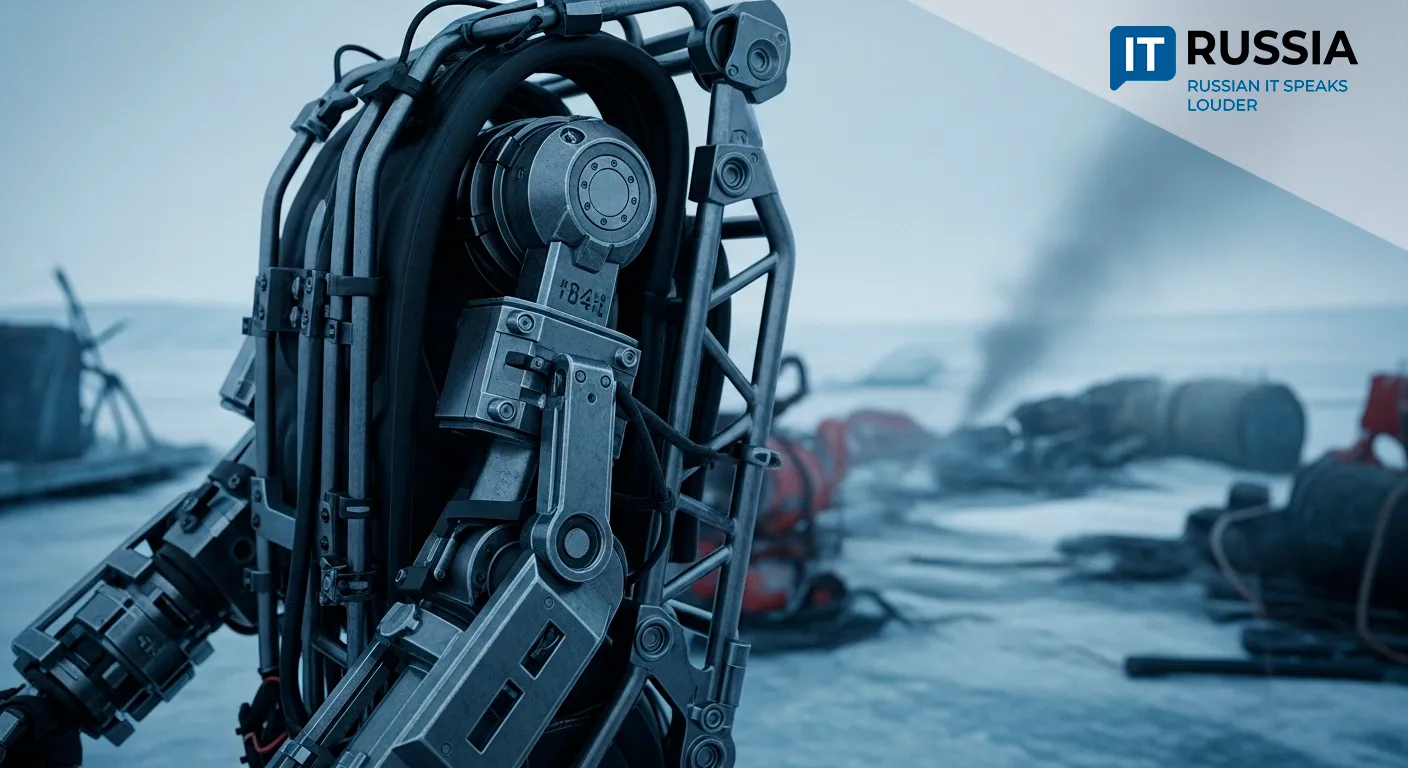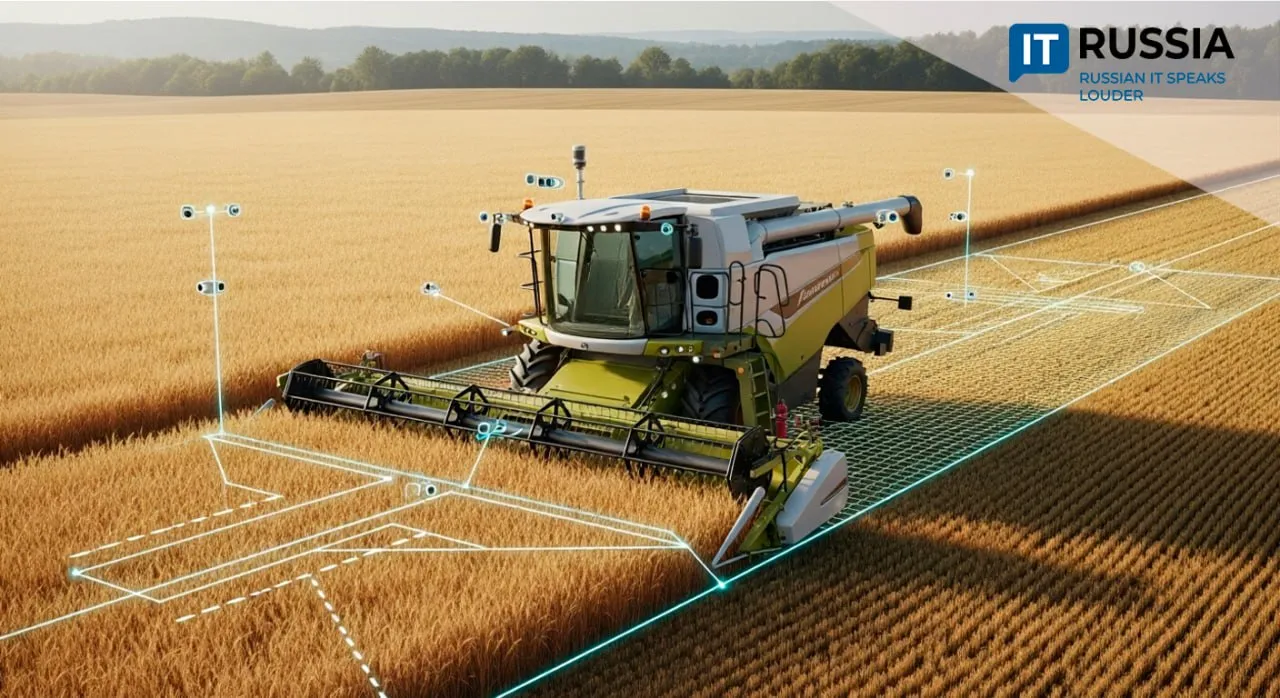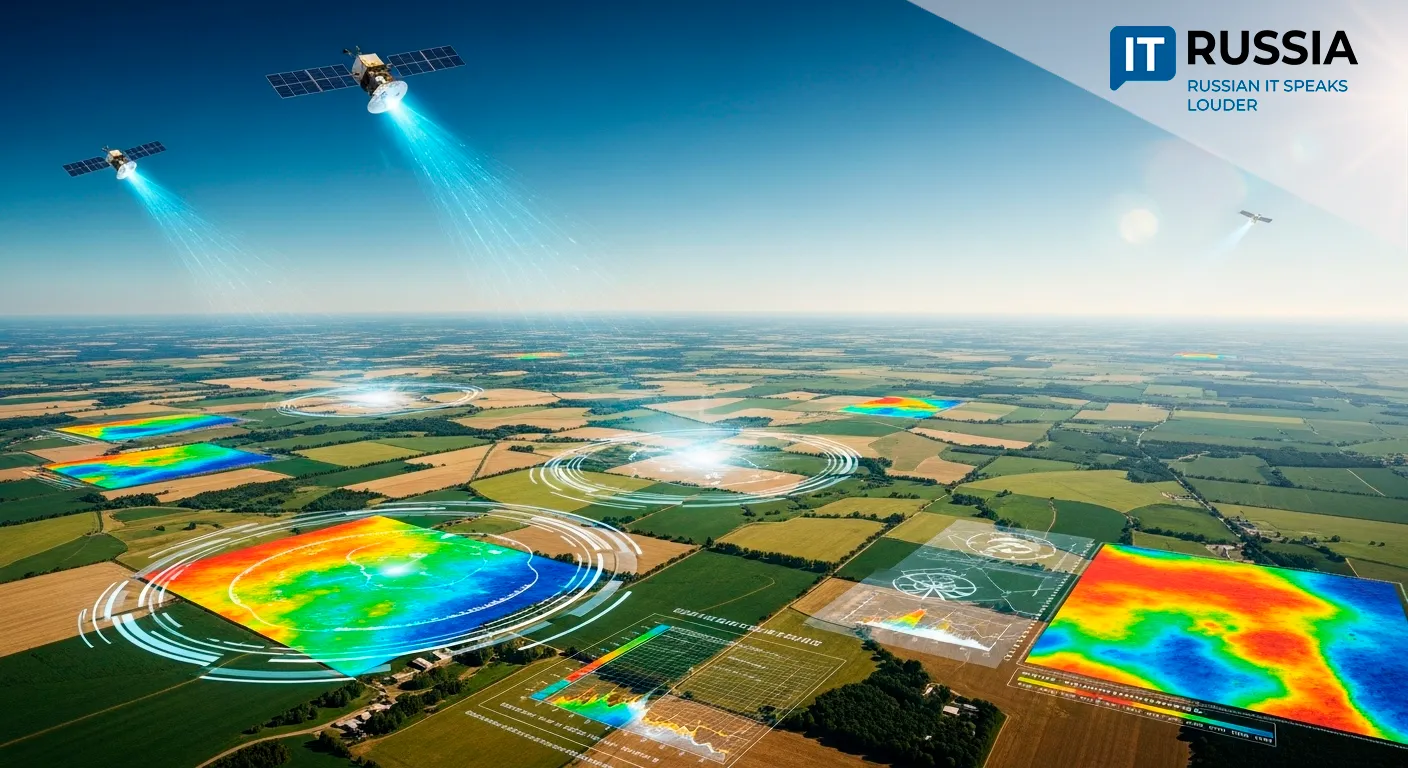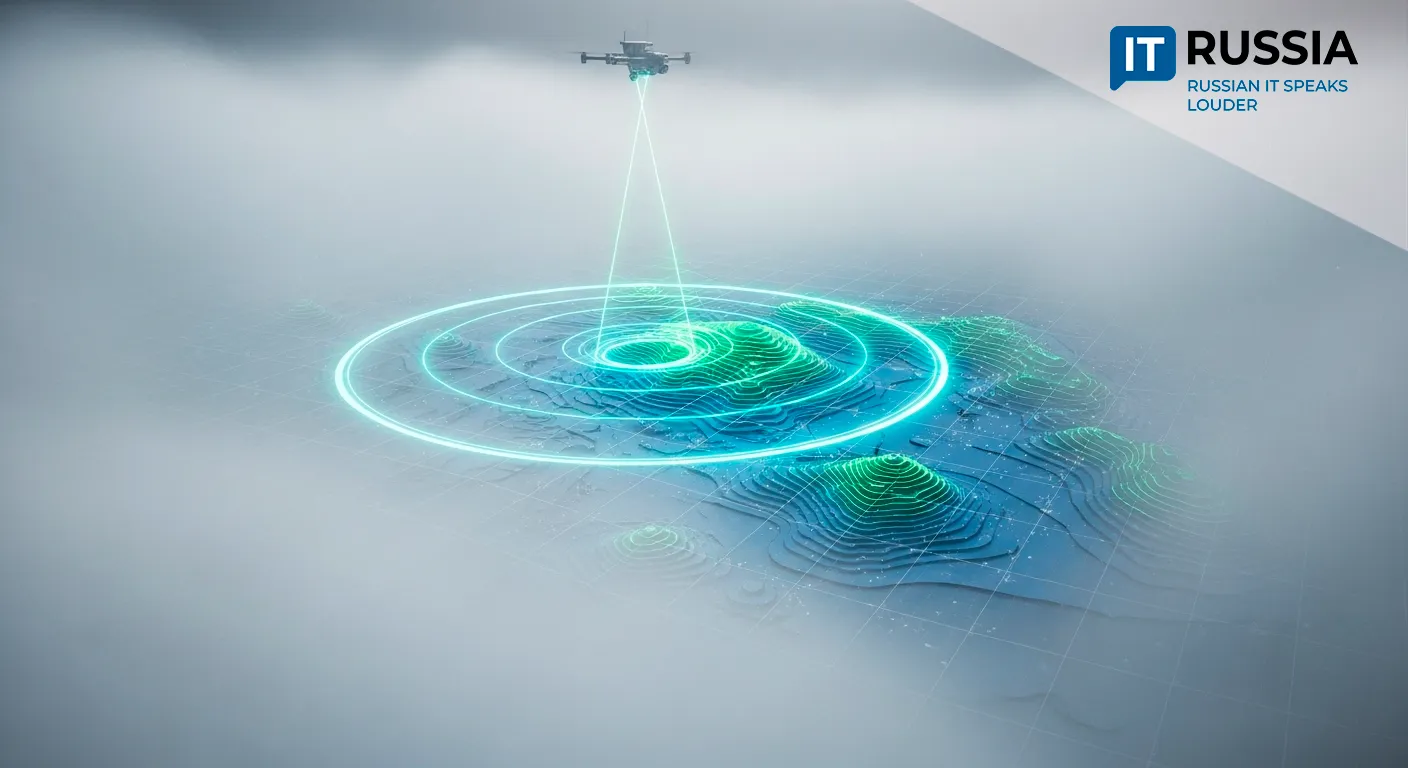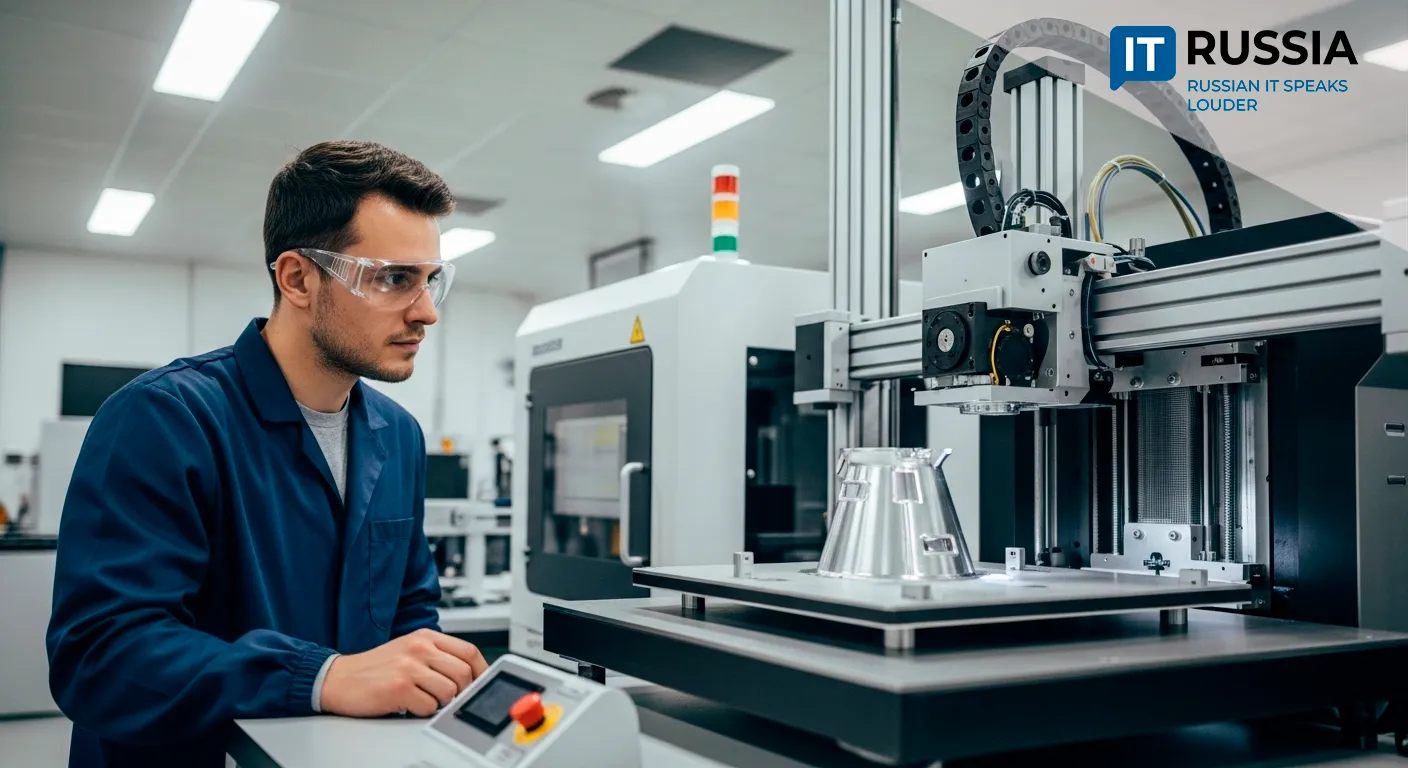The Film That Made Itself: Russia’s AI-Driven ‘Genghis Khan’ Redefines Animation
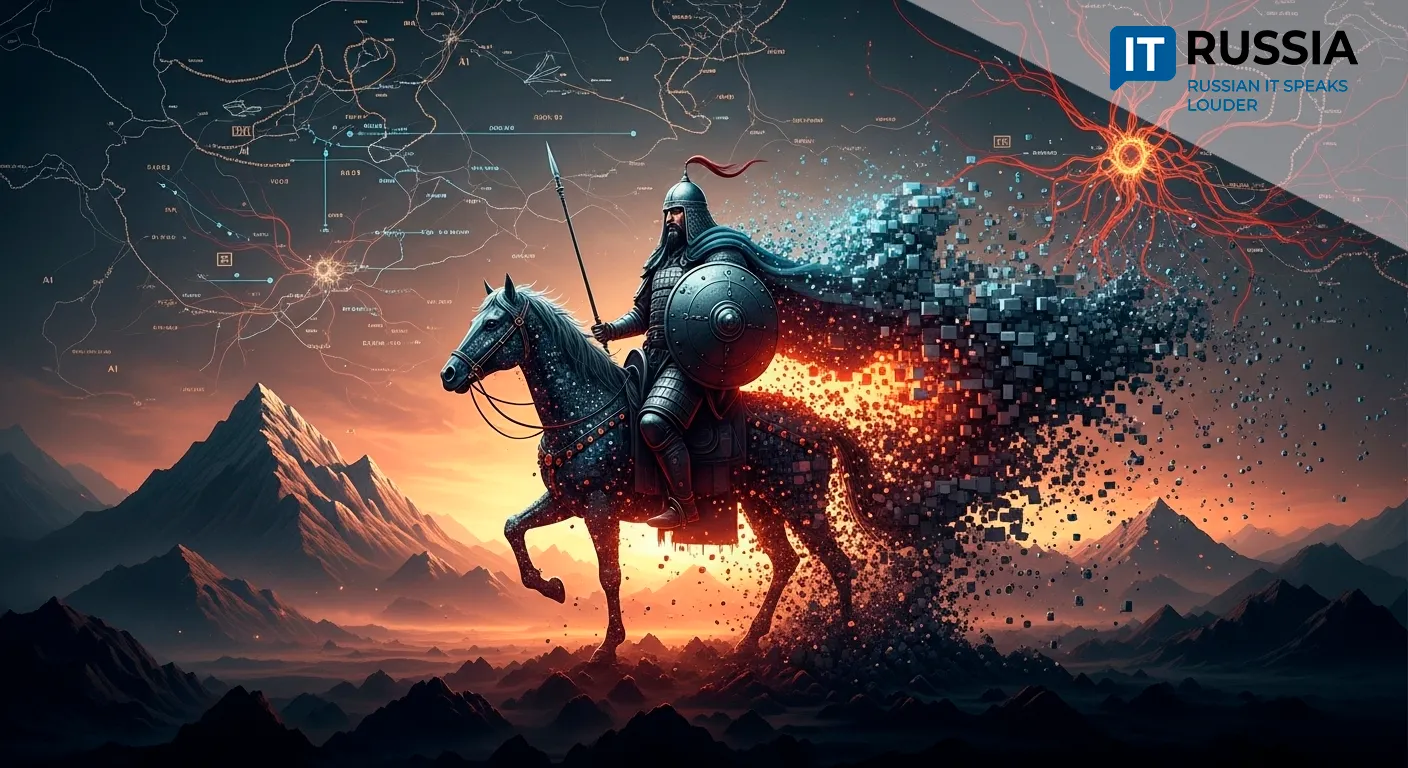
The animated feature ‘Genghis Khan,’ directed by Kirill Kalashnikov, has already won an AI Film Award in Cannes—and it was created entirely by artificial intelligence.
Fifteen AI Models and a 1964 Poem
Billed by its creators as a video comic and the first full-length AI-generated film to hit the big screen, ‘Genghis Khan’ is notable for what it doesn’t have—traditional filming. Every frame, sound effect, and music sequence was generated using AI models, while voiceovers were recorded by human actors.
The script is based on a 1964 poem by Viktor Slipenchuk. The production team employed 15 distinct AI systems: generative networks for landscapes, separate engines for motion animation, and others for orchestrating large crowd scenes. A specialized system built the audio track by analyzing battlefield acoustics. The score combines AI-generated throat singing with sweeping orchestral passages.

The project took a year to complete. The team says its biggest challenge was keeping pace with the rapidly evolving AI landscape. The result is a narrative film that reconstructs the life and times of one of history’s most iconic conquerors.
“In making a film about Genghis Khan, we combined historical storytelling with cutting-edge technology—not just to narrate a legend but to reanimate an era,” the creators said. “We developed a unique neural network for the project and trained it on massive datasets, including historical records, archaeological findings, ethnographic studies, and cultural artifacts. This allowed us to recreate life in the 13th century with remarkable accuracy.”
How to Make an Epic Without a Budget
The creators of ‘Genghis Khan’ proved that it’s now possible to produce a feature-length animated epic without the deep pockets of a major studio. For small production teams, this could be a game-changer—empowering them to execute bold, high-concept ideas with minimal resources.

“We’ve shown that AI can do more than assist—it can be a full-fledged creative partner, erasing the boundaries between technology and art,” the creators said. “This film not only reimagines the past but also points to the future of filmmaking.”
The success of ‘Genghis Khan’ is part of a growing trend in which technology and creativity intersect. The global film industry is already seeing competition emerge between AI-assisted productions. Similar works include the UK’s ‘Where the Robots Grow’ and the U.S.-produced ‘Horror Club: Vampire’s Verdict.’
Fuel for Local Brands—and Global Festivals
AI films with low production costs are well-positioned for export. They’re fresh, niche, and increasingly attractive to international film festivals. But more than that, this creative approach unlocks new opportunities for small studios and independent creators working in film and advertising.

By choosing a historically grounded story and a globally recognizable figure, the team behind ‘Genghis Khan’ tapped into a narrative with strong audience appeal. Despite a lean budget, AI-assisted production proves ideal for promoting regional brands and talent.
For now, audiences remain divided—some skeptical, others deeply curious. As AI production becomes more mainstream, these early films will help normalize a new kind of storytelling pipeline. Experts expect to see more experiments, cross-platform AI narratives, and even legal cases over creative authorship.
Over the next five years, hybrid formats like VR/game/cinema experiences may emerge, along with export-ready AI animation kits and the birth of a new genre: the AI art-saga.





